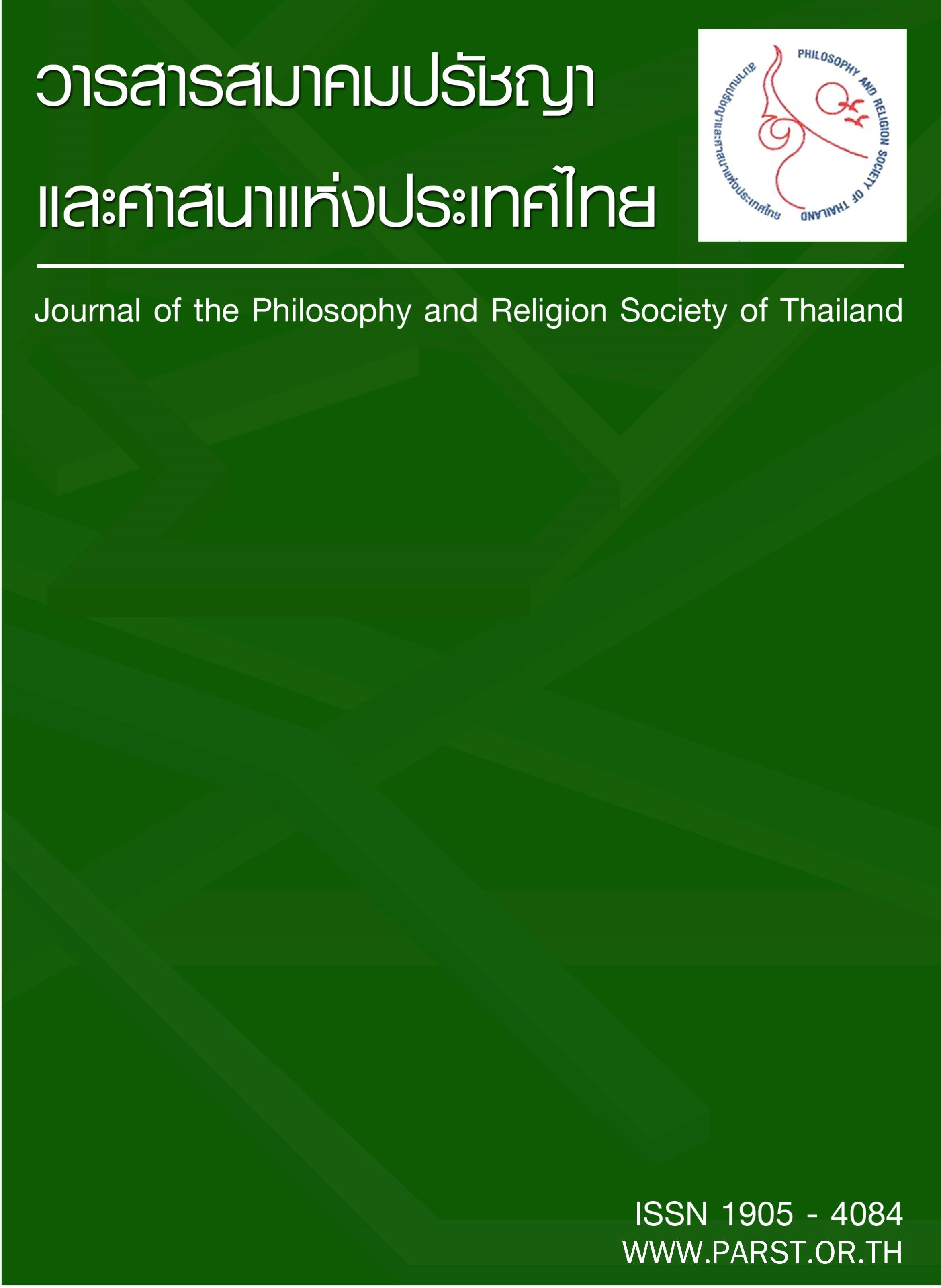Why is the forward sequence of Dependent Origination the wrong path? : An annotated translation of the Commentary to the Nidānasaṃyutta’s Discourse of the [Two] Paths
Main Article Content
Abstract
In the Pāli Paṭipadā Sutta (Discourse of the [Two] Paths) of the Nidānasaṃyutta, the Buddha distinguishes two opposite paths of dependent origination (paṭicca-samuppāda); the forward sequence (anuloma) of dependent origination is the wrong path (micchāpaṭipadā), while the reverse sequence (paṭiloma) is the right path (sammāpaṭipadā). However, a question is raised as to why the former is called the wrong path: despite ignorance, there are also meritorious volitional formations (puññābhisaṅkhāra) and imperturbable volitional formations (āneñjābhisaṅkhāra) being generated. The commentary to the Sutta (Paṭipadāsuttavaṇṇanā) explains that actions or attainments rooted in the desire for success within the cycle of rebirth (saṃsāra) are not good enough to free a person from suffering. However, actions that are rooted in the aspiration for nibbāna, will eventually lead to liberation. This article provides an annotated English translation of the commentary to the Paṭipadā Sutta, with selected input from its sub-commentary (Nidānavagga-purāṇaṭīkā) and a brief outline of the philosophical tenets addressed in the text.
Article Details
Articles published in the journal are licensed under the CC Attribution-NonCommercial 4.0 format. Articles can be freely reused or republished provided that they are reused or republished or republished for non-commercial purposes, and that proper credit must be given to the author and the journal.


